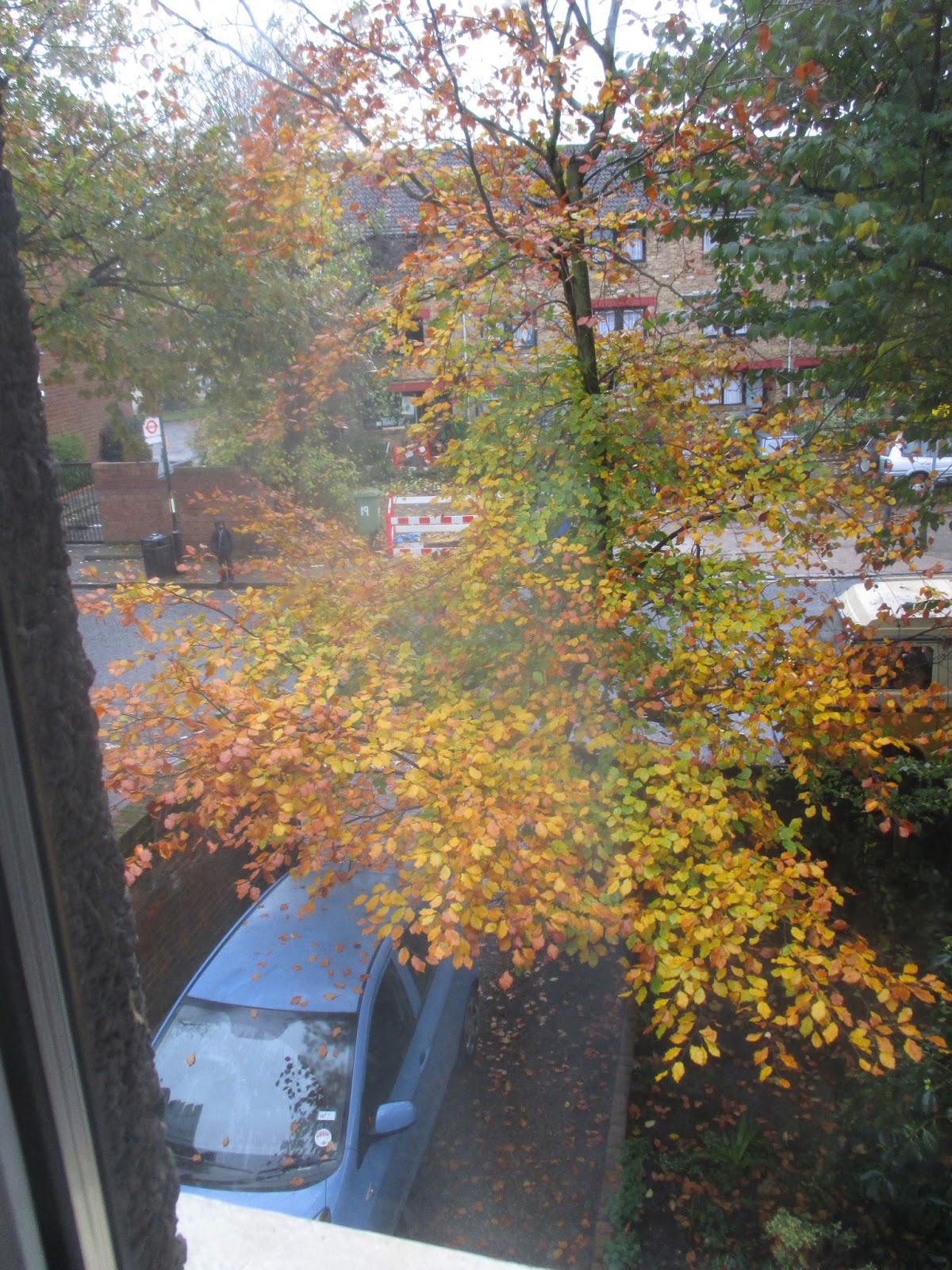My introductory remarks as vice-chair of the Parliamentary Human Rights Group at a press conference on Bahrain, Committee Room G, 11.45 December 17, 2014
As we meet today to commemorate the martyrs who have
lost their lives in the long struggle for human rights and democracy in
Bahrain, and particularly those killed in custody and on the streets since the
uprising began in February 2011, we now see the disgraceful reason why the UK
has soft-pedalled criticism of the al-Khalifa despotism.
Bahrain has agreed to construct a £15 million naval
base for our aircraft carriers and destroyers, helping to silence us on
extrajudicial killings; widespread detentions; denial of the rights to freedom
of expression and assembly; the subservience of judges to political authority,
and the deprivation of citizenship of those who dare to oppose the regime.
We ‘express concern’ over these matters but at the
same time we show that we don’t really mean it. For instance, the Government
rejected the Commons Foreign Affairs Committee that Bahrain should be
designated a ‘country of concern’.
On the contrary, as the Economist pointed out last
week, the Government wanted to ‘demonstrate Britain’s revived commitment to the
Gulf monarchies, with whom it maintains substantial trading and investment
relationships’.
On Human Rights Day last week the Foreign Secretary
Philip Hammond called on governments around the world “to do more to foster the role of
civil society in promoting and defending Human Rights”. Yet the founder of the
Bahrain Center for Human Rights Abdulhadi al-Khawaja is serving a life sentence
for promoting and defending human rights.
Nabeel Rajab, the
current President of the BCHR, was imprisoned for three months for attacking
the Formula 1 race in Bahrain; then spent two years in prison for peaceful
protests, and is now awaiting a further trial on January 15 for a criticism of
the government on Twitter.
On December 1 Maryam
al-Khawaja, daughter of Abdulhadi al-Khawaja and a prominent human rights
activist herself, was arrested at Manama airport when she arrived to visit her
father, who is seriously ill from a hunger strike. She spent 19 days in custody
before being released on bail, and was given a year’s imprisonment in absentia
when she jumped bail, pointing out that Bahrain’s judiciary is not independent.
Maryam’s elder sister
Zainab, who had just given birth to her second child, was sentenced first to three years
imprisonment on December 4 for insulting the king by tearing up his photograph,
and then to another 16 months on December 9 – a year for insulting a public
employee and an extra four months for damaging public property.
If this was North
Korea you might believe it, but this is a country where the Foreign Office
says
“there is evidence of
real efforts being made in areas where human rights concerns remain”.
Our Chief Inspector
of Prisons is engaged in a project to help establish and promote independent
human rights based inspection of Bahraini custodial facilities, presumably
because this is still an area of concern; but apparently he knows nothing about
custodial deaths, such as that of Hassan Majeed al-Sheikh, who was beaten to
death in Jaw prison on November 6.
Nor do we acknowledge
that people are still being tortured, and that the visit by the UN Special
Rapporteur on Torture, Juan Mendez originally set for May 13, has been ‘effectively cancelled’, to use the Special
Rapporteur’s own words. The regime has set up an Ombudsman, who has indeed
asked for urgent action to address the problem of overcrowding in cells, with
Jaw prison holding 1,608 prisoners at the time of inspection compared with its
maximum intended capacity of 1201 only; but the cases of torture raised by
victims, such as those in which Prince Nasser was allegedly involved, are said
to be committed in locations other than prisons. Nor does the Ombudsman inquire
into the many cases of citizens killed or seriously injured by security forces,
such as Youssif Baddah who is in hospital after he was shot point blank by a
tear gas canister at a demonstration against the murder of his son at an
earlier demonstration.
The chairman of the legal opposition Party al-Wefaq,
Khalil al Marzooq and others, met Ann Clwyd MP, chair of the Parliamentary
Human Rights Group and other MPs on November 20, and he told them that UK
Ministers had not met Al-Wefaq officials for more than two years. We understand that the Ambassador had met
them, but not recently. The FCO was trying to persuade them to engage in the
so-called ‘political dialogue’ and to participate in the elections. There was a
severance of contacts in the run-up to the election, so al-Wefaq had no opportunity of explaining that as they saw
it, participation would have been seen as legitimising the political and
constitutional status quo.
After many months of stalemate in the negotiations,
Human Rights Watch said that Bahrain wasn’t ready for dialogue when top US
State Department official Tom Malinowski was expelled from the country. He
sought to engage with members of the unofficial opposition, whose objective is
to replace the absolutist monarchy by a government freely elected by the
people, in accordance with Article 1 of the UN Covenant on Civil and Political
Rights, to which Bahrain acceded in 2006. When this idea is not only taboo but
to refer to it indirectly means a three year prison sentence, how can we
pretend that dialogue is anything but a means of postponing the inevitable?








